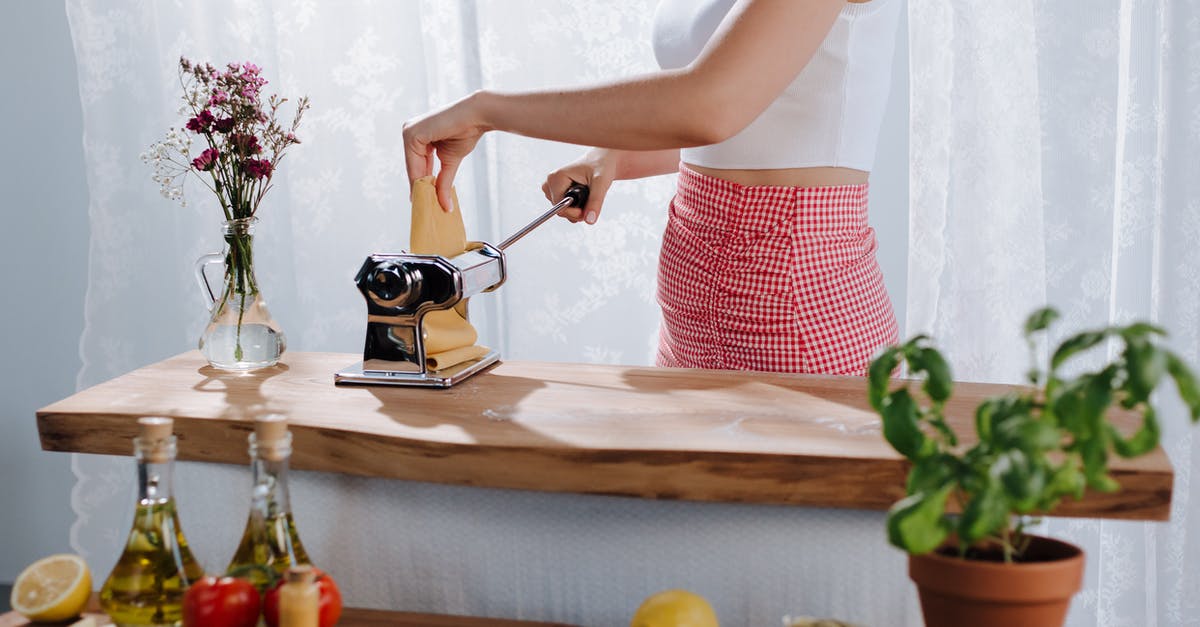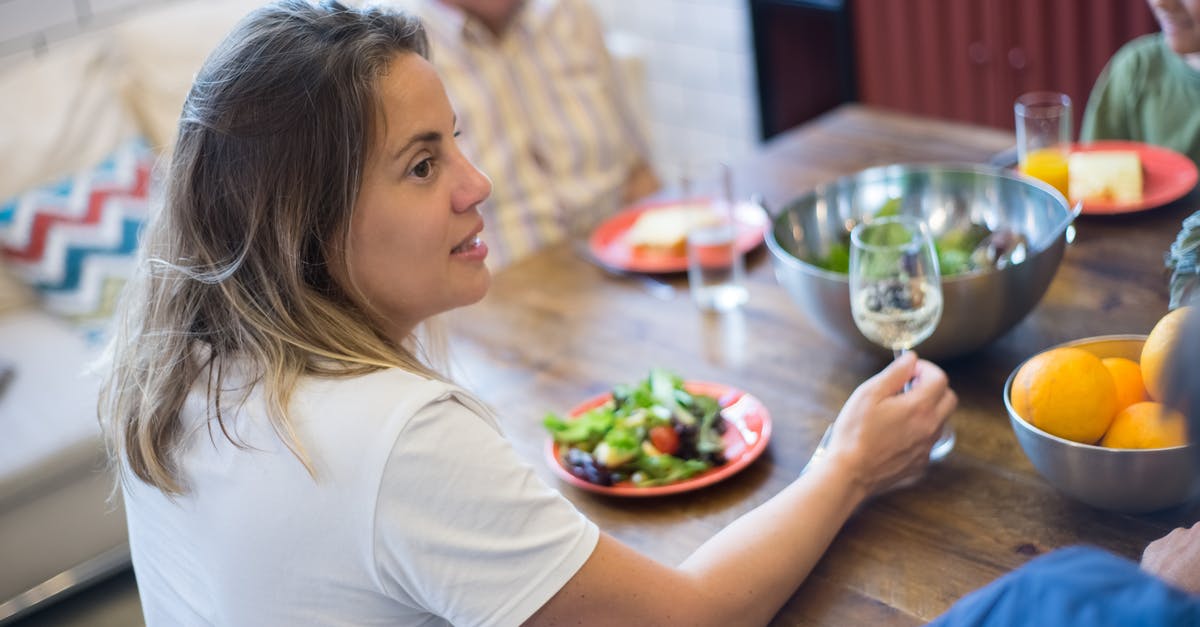Using white wine in the cooking

Once I was in an italian restaurant where you could see the chefs cooking. My friend ordered a a pasta whose sauce was made of vegetables red meat and white wine. As far as I could remember he cooked the vegetables and meat in a wok pot and then basically "deglaze" the pot with no more than what I would assume a half cup of white wine then I think he added paste and mixed altogether. In the end it tasted very aromatic as if he boiled away the alcohol from a whole bottle of wine and added the remaining grape essence to the pasta.
I tried the same process I cooked the vegetables, occasionally adding a spoon of white wine then added meat and whenever the pot was hot enough to boil a spoon of wine instantaneously I added a spoonful of wine again. I preferred this method because I did not have a wok pot and strong enough fire. In the end I ended up using a cup of white wine which gave little to no taste to the food at all.
So what am I doing wrong, is it the choice of wine that makes the dish very aromatic or choice of cooking method?
Update: After alot of tries I have seen that Moscato wine gives the most flavor to the food as the wine itself is very aromatic and sweet. For two portions of food I use one glass of it and a spoon of balsamic vinegar to balance the sweetness. In spanish dishes it is also used for bean and meat stews which I have also seen to be very nice.
Best Answer
There are several things that come together to produce the overall flavor profile of the dish, not all of them having anything to do with the wine. Traditional factors such as good spicing, blooming the spices, browning ingredients and so forth continue to have a huge affect.
Deglazing with some wine adds the following:
- Acidity. Wine is an acid food product, and this brightness can enhance the overall flavor of the dish.
- Sweetness. Wine can also be sweet, which acts as a flavor enhancer.
- Fruitiness. The fruity qualities of the wine may compliment the other flavors of the dish.
- Alcohol. The alcohol in the wine will not completely evaporate. Some will remain, helping to dissolve and make volatile some flavor components which are ot soluble in either water or fats (this is especially true in tomato based dishes). This can give foods cooked with alcohol an extra depth of flavor.
The first and last of these affects probably have the most profound affect on your dish.
Adding the wine in dribs and drabs probably doesn't help, but in the end you need to use enough wine to have a good effect on your dish. Even though it will be reduced, it is still an ingredient, and you need to have enough to matter.
I do suggest adding it all at once, and letting it boil away; this should work quite well.
The quality of wine you use also matters. You want a wine that tastes decent, even as a beverage. My personal preference for cooking is a Chardonnay, but I don't think that preference is universal.
Pictures about "Using white wine in the cooking"



Quick Answer about "Using white wine in the cooking"
White wine is a pantry staple for most cooks, and it's really versatile. Use it to deglaze the brown bits for a pan sauce for sautéed fish, chicken, pork, or mushrooms. Use it in risotto for a good touch of acidity. Add it to a pot of shellfish just before you put the lid on for steaming.Can you use white wine in cooking?
Bright and buttery white wines are the perfect match for plenty of dishes, but cooking with white wine can be even better. Delicious pastas, dishes with mussels, clams, and oysters, and plenty of chicken recipes are made even better when you add wine.What happens when you cook with white wine?
The alcohol in the wine evaporates while the food is cooking, and only the flavor remains. Boiling down wine concentrates the flavor, including acidity and sweetness. Be careful not to use too much wine as the flavor could overpower your dish. For best results, wine should not be added to a dish just before serving.Does it matter if you use red or white wine when cooking?
All wines will chemically behave in the same way, so there's no danger that a recipe won't work if you use a white instead of a red or vice versa.When a recipe calls for white wine can you use cooking wine?
One note: do not use cooking wine! It has a bitter flavor and should be avoided at all costs. Any dry white or red wine you'd drink will do!Why I Put White Wine In Basically Everything
More answers regarding using white wine in the cooking
Answer 2
As you alluded to in your question, both the type and the quality of the wine will affect how your food ends up tasting. When selecting a wine to cook with, you should still use the rules for pairing as you would when selecting a wine to drink with. You should avoid "cooking wines" as these are very poor quality and usually end up being more expensive (ounce to ounce) than just buying a bottle that you could also drink with your dinner, or even over a couple dinners.
Answer 3
I keep a bottle of white vermouth for cooking savory dishes. It is a reliable dry wine with herbal tastes. I regard it as an ingredient rather than a wine or beverage.
It avoids the risk of getting a wine which is too sweet or too thin tasting.
It also comes with a screw top and lasts a long time on the kitchen counter.
Sources: Stack Exchange - This article follows the attribution requirements of Stack Exchange and is licensed under CC BY-SA 3.0.
Images: Marcus Aurelius, Andrea Piacquadio, Ron Lach, Kampus Production
